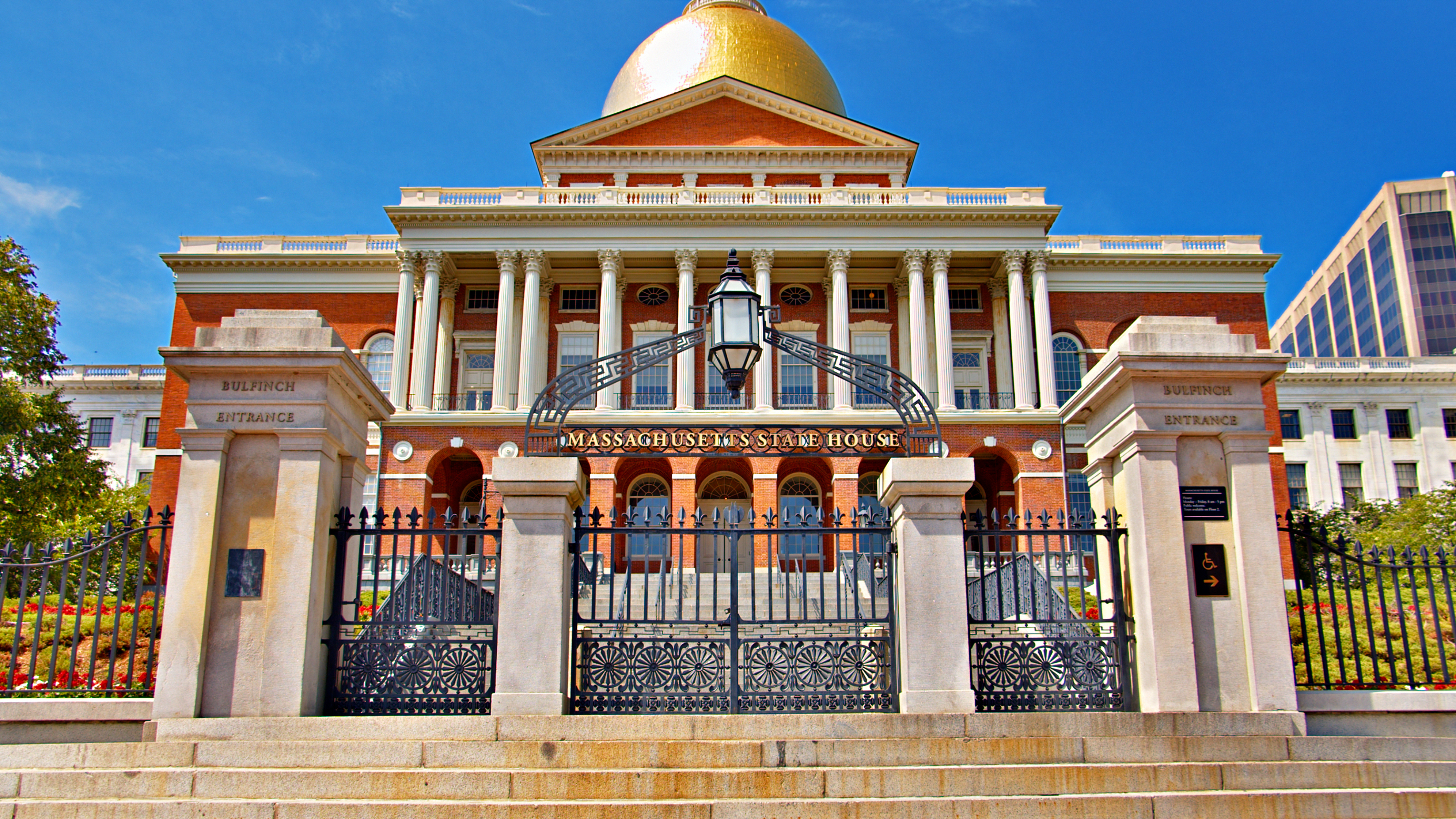
Massachusetts lawmakers announced a deal Monday on legislation to protect access to reproductive health services in the wake of a U.S. Supreme Court ruling that eliminated the national right to an abortion.
Legislative leaders said a six-member conference committee produced an accord that resolves differences between versions of the legislation (H 4954 / S 3003), which already cleared both branches with bipartisan support.
WATCH ANYTIME FOR FREE
Stream NBC10 Boston news for free, 24/7, wherever you are. |
However, they did not make clear if the final bill that could emerge for a vote as soon as Tuesday embraced, spurned or compromised on House-approved language authorizing abortions after 24 weeks of pregnancy in cases of "severe" fetal anomalies. Top Senate Democrats feared that measure would draw Gov. Charlie Baker's veto and instead sought to clarify existing law around late-term abortions without adding the "severe" provision.
"This bill requires that our Commonwealth, including its boards, agencies, courts, law enforcement, and institutions, will do everything within its legal authority to protect our providers and patients, and ensure patients have wide access to the reproductive and gender-affirming heath care they need when they need it," House Speaker Ron Mariano, Senate President Karen Spilka, and lead conferees Rep. Aaron Michlewitz and Sen. Cindy Friedman said in a joint statement. "It also requires that women who must face heart wrenching, difficult and critical decisions late in their pregnancies can make those decisions in true partnership with the provider who knows them best and who has their best interests in mind."
Get updates on what's happening in Boston to your inbox. Sign up for our News Headlines newsletter.
Both bills that went into private negotiations would erect new legal shields in state law protecting providers of reproductive health care and gender-affirming care from licensing consequences and legal action originating outside Massachusetts.
Republican-controlled legislatures are tightening restrictions around those services in many states following the overturning of Roe v. Wade, and some have sought to extend enforcement outside their boundaries by allowing private citizens to sue anyone across state lines for providing abortions.
Baker created some similar legal protections via an executive order he issued hours after the Supreme Court's ruling.
The House and Senate also agreed in their original bills to require health insurers to cover abortions without charging patients copays, deductibles or coinsurance, allow providers to make their home addresses confidential, and require the Department of Public Health to issue a standing order allowing any licensed pharmacist to dispense emergency contraceptives
Democrats said staff are working to file the final conference committee agreement "today so that the Legislature can consider the report as soon as possible." Lawmakers could take it up as soon as Tuesday, when both branches plan to meet in full formal sessions.



